Phantom Fireworks Faces New AI Regulations in 2025: What It Means for Small Businesses
Introduction
As the Fourth of July approaches, Phantom Fireworks, the largest fireworks retailer in the United States, is preparing for its busiest season. However, beyond the sparkle of pyrotechnics, the company is navigating a new challenge: the impact of emerging AI regulations on its operations. In 2025, small businesses like Phantom Fireworks are grappling with evolving AI policies that could reshape how they market, manage inventory, and engage with customers. This article explores how these regulations affect Phantom Fireworks and similar retailers, filling a gap in current coverage by examining the intersection of AI policy and small business operations.
The Rise of AI in Fireworks Retail

Phantom Fireworks has long been a leader in the pyrotechnics industry, operating over 80 permanent and seasonal locations across the U.S. In recent years, the company has adopted AI-driven tools to enhance its operations. From AI-powered chatbots assisting customers on its website to predictive analytics for inventory management, these technologies have streamlined processes and improved customer experiences. For instance, AI algorithms help Phantom Fireworks anticipate demand for popular products like their “Excalibur” artillery shells, ensuring stock availability during peak seasons.
However, the integration of AI comes with new regulatory hurdles. Small businesses, often lacking the resources of larger corporations, face unique challenges in complying with these policies while maintaining competitive operations.
AI Regulations Impacting Small Businesses in 2025

In 2025, the U.S. government has introduced stricter AI regulations aimed at ensuring transparency, accountability, and consumer protection. These policies, driven by concerns over data privacy and algorithmic bias, require businesses to disclose how they use AI, conduct regular audits, and ensure compliance with ethical standards. For small businesses like Phantom Fireworks, these regulations pose both opportunities and challenges.
Key Regulatory Changes
- Data Privacy Requirements: The Federal Trade Commission (FTC) has mandated that businesses using AI for customer interactions must clearly disclose data collection practices. For Phantom Fireworks, this means updating its website to inform users about how AI chatbots collect and process personal information.
- Algorithmic Transparency: New rules require businesses to document how AI systems make decisions, particularly in marketing and pricing. Phantom Fireworks must ensure its AI-driven pricing models, which adjust based on demand and location, are transparent to avoid penalties.
- Compliance Costs: Small businesses face significant costs to meet these standards, including hiring compliance officers or third-party auditors. For Phantom Fireworks, with its lean operational model, these expenses could strain budgets traditionally allocated to marketing or product development.
These regulations, while aimed at protecting consumers, can disproportionately burden small businesses with limited resources, unlike tech giants with dedicated legal teams.
How Phantom Fireworks Is Adapting
Phantom Fireworks is taking proactive steps to align with the 2025 AI regulations while maintaining its customer-centric approach. The company has partnered with a third-party AI compliance firm to audit its systems, ensuring adherence to federal guidelines. Additionally, Phantom Fireworks is investing in employee training to better understand AI tools and their regulatory implications.
“We’re committed to using technology responsibly to enhance the customer experience,” said a Phantom Fireworks spokesperson. “While the new regulations present challenges, they also push us to innovate and build trust with our customers.”
For example, Phantom Fireworks is redesigning its AI chatbot to include clear disclaimers about data usage, ensuring compliance with FTC guidelines. The company is also exploring open-source AI tools to reduce costs while maintaining functionality, a strategy other small businesses could emulate.
The Broader Impact on Small Businesses
The AI policy landscape in 2025 extends beyond Phantom Fireworks, affecting thousands of small retailers across the U.S. According to a 2025 report by the Small Business Administration, 68% of small businesses using AI reported concerns about compliance costs, with 45% indicating they may scale back AI adoption due to regulatory burdens. This trend could stifle innovation among smaller firms, widening the gap between them and larger competitors.
For industries like fireworks retail, where seasonal demand requires precise inventory and marketing strategies, AI is a game-changer. However, without affordable compliance solutions, small businesses risk falling behind. Experts suggest that policymakers should offer tax incentives or grants to help small firms navigate these regulations, ensuring they can compete in an AI-driven economy.
Looking Ahead: Balancing Innovation and Compliance
As Phantom Fireworks prepares for its 2025 season, the company is at a crossroads. Embracing AI offers opportunities to enhance efficiency and customer engagement, but compliance with new regulations requires careful planning. By investing in transparency and strategic partnerships, Phantom Fireworks is setting a model for other small businesses navigating this complex landscape.
The broader implications of AI policy in 2025 will likely shape the future of small business innovation. As regulators refine these policies, collaboration with industry leaders like Phantom Fireworks could ensure that regulations protect consumers without stifling growth.
Conclusion
Phantom Fireworks’ journey through the evolving AI regulatory landscape highlights the challenges and opportunities facing small businesses in 2025. By addressing compliance head-on and leveraging AI responsibly, the company is poised to maintain its leadership in the fireworks industry while setting an example for others. As AI policies continue to evolve, small businesses must stay informed and adaptable to thrive in this dynamic environment.
To get more information visit:Truevoria
Frequently Asked Questions (FAQs)
1. What AI tools does Phantom Fireworks use?
Phantom Fireworks employs AI-powered chatbots for customer service, predictive analytics for inventory management, and dynamic pricing models to optimize sales. These tools help streamline operations and enhance customer experiences.
2. How do the 2025 AI regulations affect Phantom Fireworks?
The 2025 AI regulations require Phantom Fireworks to disclose data collection practices, ensure algorithmic transparency, and conduct regular compliance audits. These requirements increase operational costs but also encourage responsible AI use.
3. What are the main challenges for small businesses under these regulations?
Small businesses face high compliance costs, including hiring auditors or upgrading systems. Limited resources make it harder for them to meet these standards compared to larger corporations with dedicated legal teams.
4. How is Phantom Fireworks ensuring compliance with AI regulations?
The company has partnered with a third-party AI compliance firm, is training employees on regulatory requirements, and is updating its AI systems (e.g., chatbots) to include clear data usage disclaimers.
5. Can small businesses still benefit from AI under these regulations?
Yes, small businesses can benefit from AI by adopting cost-effective tools like open-source software and leveraging compliance as a way to build customer trust. Strategic partnerships and government support, such as grants, can also help.

